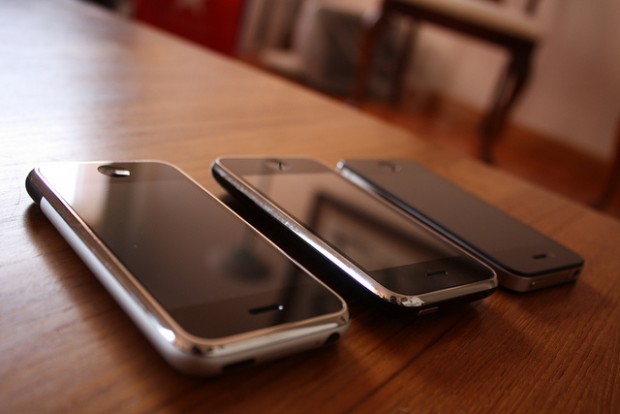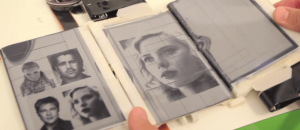The Texas Court of Criminal Appeals ruled on Wednesday that stated police officers have to get a warrant before searching a person’s cell phone once they (the person) are in jail. Unfortunately the issue of police officers searching through a person’s phone during the incidence of arrest has not been decided on yet, and is something that the Supreme Court will rule on later in the year.
Out of eight judges Texas state judges, seven ruled that someone who has been put in jail has the “legitimate expectation of privacy over the contents of their cell phone while the phone is being stored in the jail property room”. The single disagreeing judge wrote a dissenting opinion.
The case all this originated from was Texas v. Granville, in which Anthony Granville was taken into custody after causing a scene on a school bus. While in jail, a “School Resources Officer” learned that Granville had photographed another student urinating in the men’s bathroom. This officer then went and obtained the phone, printed out the pic, and used this to charge Granville with Improper Photography, which is a state-level felony.
Once Granville’s lawyers learned of this they moved to suppress the evidence, the prosecution disagreed and still tried to use it as evidence, but the judge in that trial disagreed with the prosecution. The state then brought the ruling before the Court of Appeals, only to find that their ruling wasn’t to their liking either.
Judge Cochran, her majority ruling on February 26, wrote the following:
“The Fourth Amendment states that ‘[t]he right of the people to be secure in their persons, houses, papers, and effects against unreasonable searches and seizures shall not be violated.’ The term ‘papers and effects’ obviously carried a different connotation in the late eighteenth century than it does today. No longer are they stored only in desks, cabinets, satchels, and folders. Our most private information is now frequently stored in electronic devices such as computers, laptops, iPads, and cell phones, or in ‘the cloud’ and accessible by those electronic devices. But the ‘central concern underlying the Fourth Amendment’ has remained the same throughout the centuries; it is ‘the concern about giving police officers unbridled discretion to rummage at will among a person’s private effects.’ This is a case about rummaging through a citizen’s electronic private effects – a cell phone – without a warrant.”
Fred Cate, who is a professor of law teaching at Indiana University, sees this as a win for privacy as well as common sense.
“This is a major victory not only for privacy, but for common sense,” wrote Cate. “Over the past decade the government has asserted—and often acted its assertion that—it is free to collect data from our cellphones for national security purposes, whenever we cross borders, or if we happen to be arrested. This case reflects a small, but very significant, judicial rejection of that assertion.”
[via Ars Technica, image via reticulating’s flickr]

 Email article
Email article




